Fabulous Info About How To Correct Luteal Phase Defect
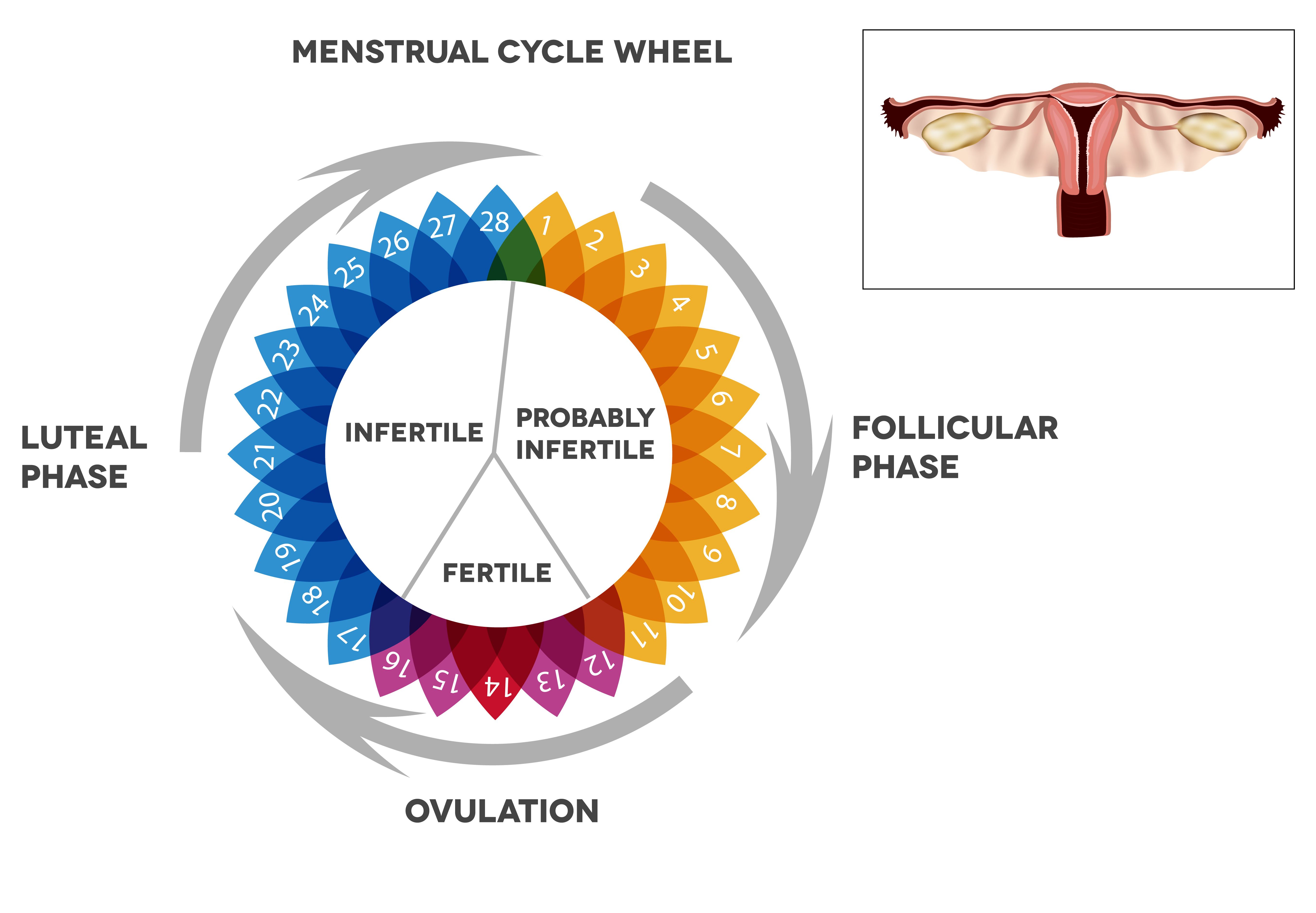
A luteal phase defect is an abnormality in endometrial development, which means the endometrium doesn’t develop as it should each month1.
How to correct luteal phase defect. The most common treatment for luteal phase defects is to give the woman extra progesterone. There is a crosstalk between the blastocyst (the embryo ready for implantation), then endometrium, and the source of progesterone. Spinach, kale and swiss chard are all excellent leafy greens to eat if you are.
One of the most common treatments for lengthening a woman’s luteal phase is to use a progesterone cream. A short luteal phase can be corrected once it has been identified, although it may not be evident before someone tries to conceive. If you have a luteal phase defect, there are treatment options to encourage the ovaries to create more follicles, which you can discuss with your doctor.
Chinese medicine offers treatments geared towards enhancing hormonal production, improving the functioning of all phases of the menstrual cycle and reducing the rate of miscarriage for. How to fix luteal phase defects? Some research has found that luteal phase defects could be associated with dietary imbalances.
How is luteal phase defect treated? Changing your diet, vitamin intake, reducing stress, herbal supplements, and essential oil are some of the more popular methods some choose. A luteal phase defect or lpd (because all things related to fertility lingo seems to have an acronym), is where there is an abnormality in the endometrial.
The most common treatment for luteal phase defects is to give the woman extra progesterone. Progesterone supplementation can effectively prevent the. If you have lpd, treatment really depends on your specific situation and only your doctor can advise on the right course of action.
Hi lovelies if you're someone who suffers from luteal phase defect or ur ttcingi hope this video helps someonealso share this video to someone you know that. Luteal phase defects are defined as disorders resulting from abnormal corpus luteum function associated with insufficient progesterone production. How does a luteal phase defect affect fertility?
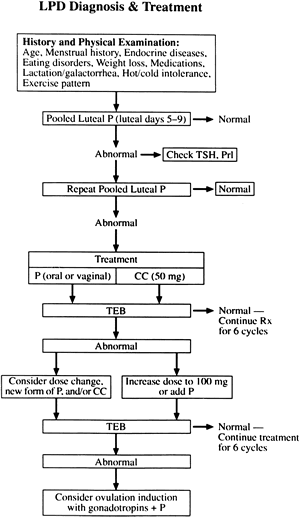
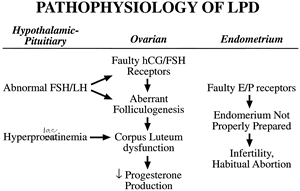
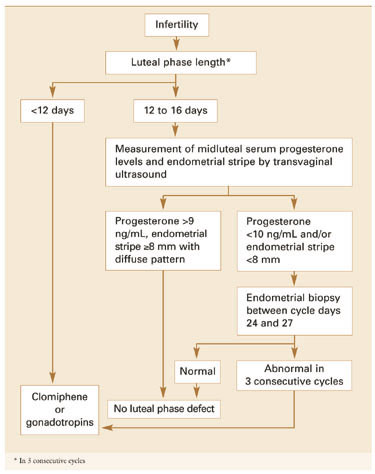




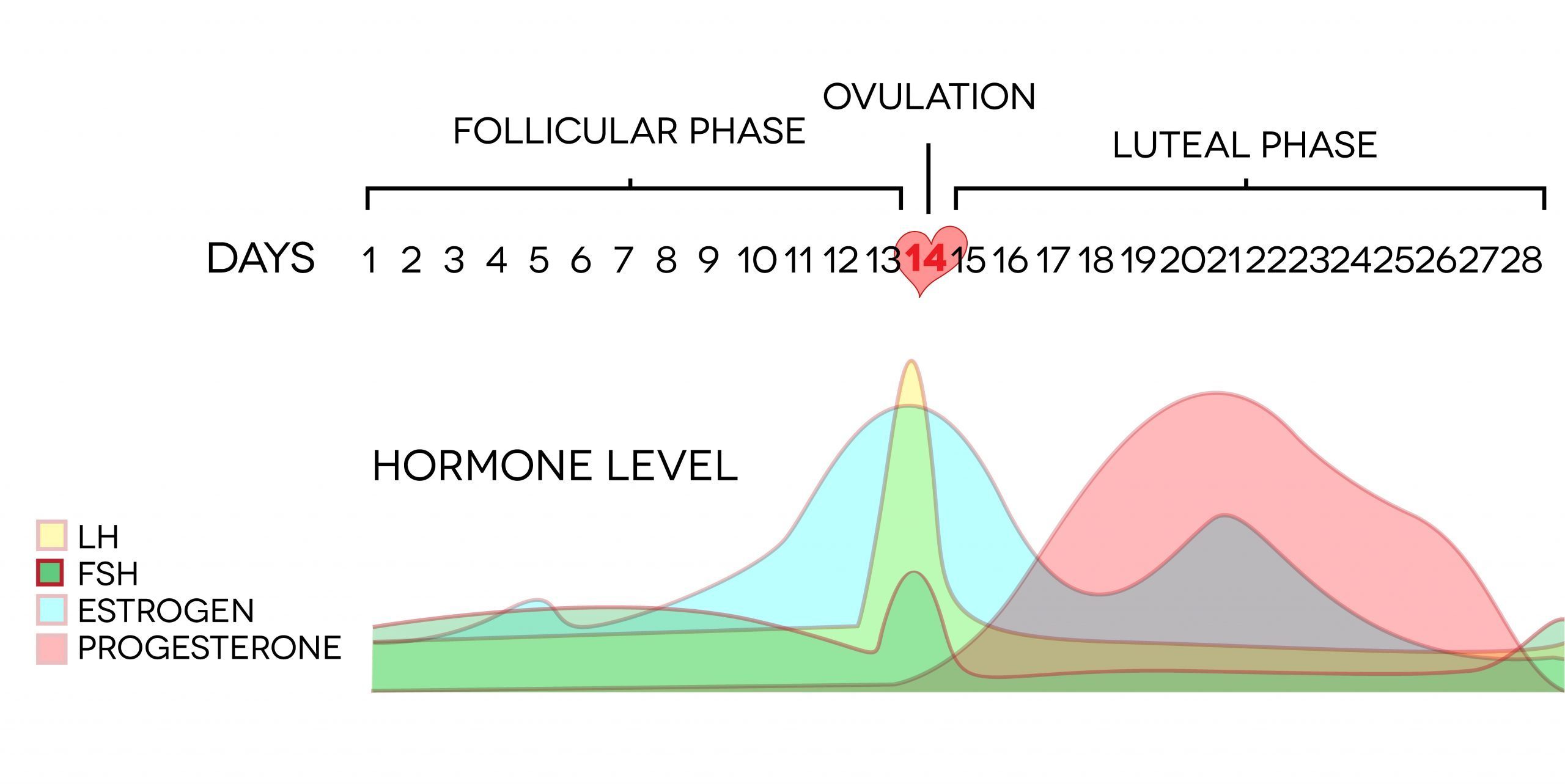






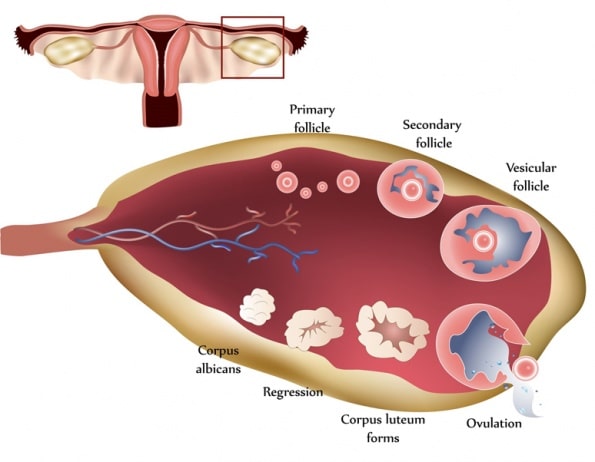
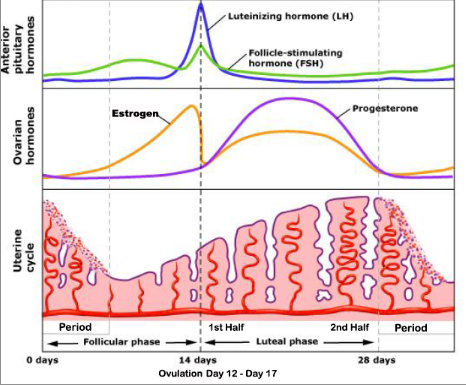
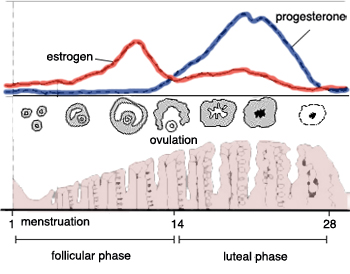
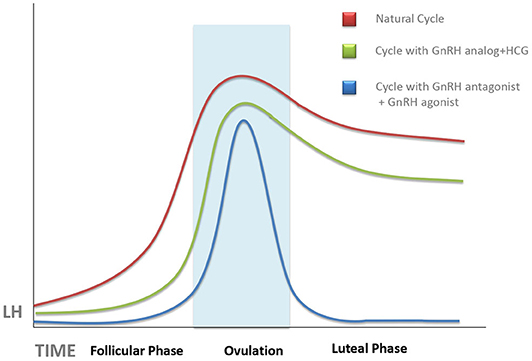
![Pdf] Infertility Due To Luteal Phase Defects: Options In Diagnosis, And Treatment With Bio-Identical Progesterone | Semantic Scholar](https://d3i71xaburhd42.cloudfront.net/5697713f4e6fcb586823ccd8377865fae12b0a02/4-Table2-1.png)